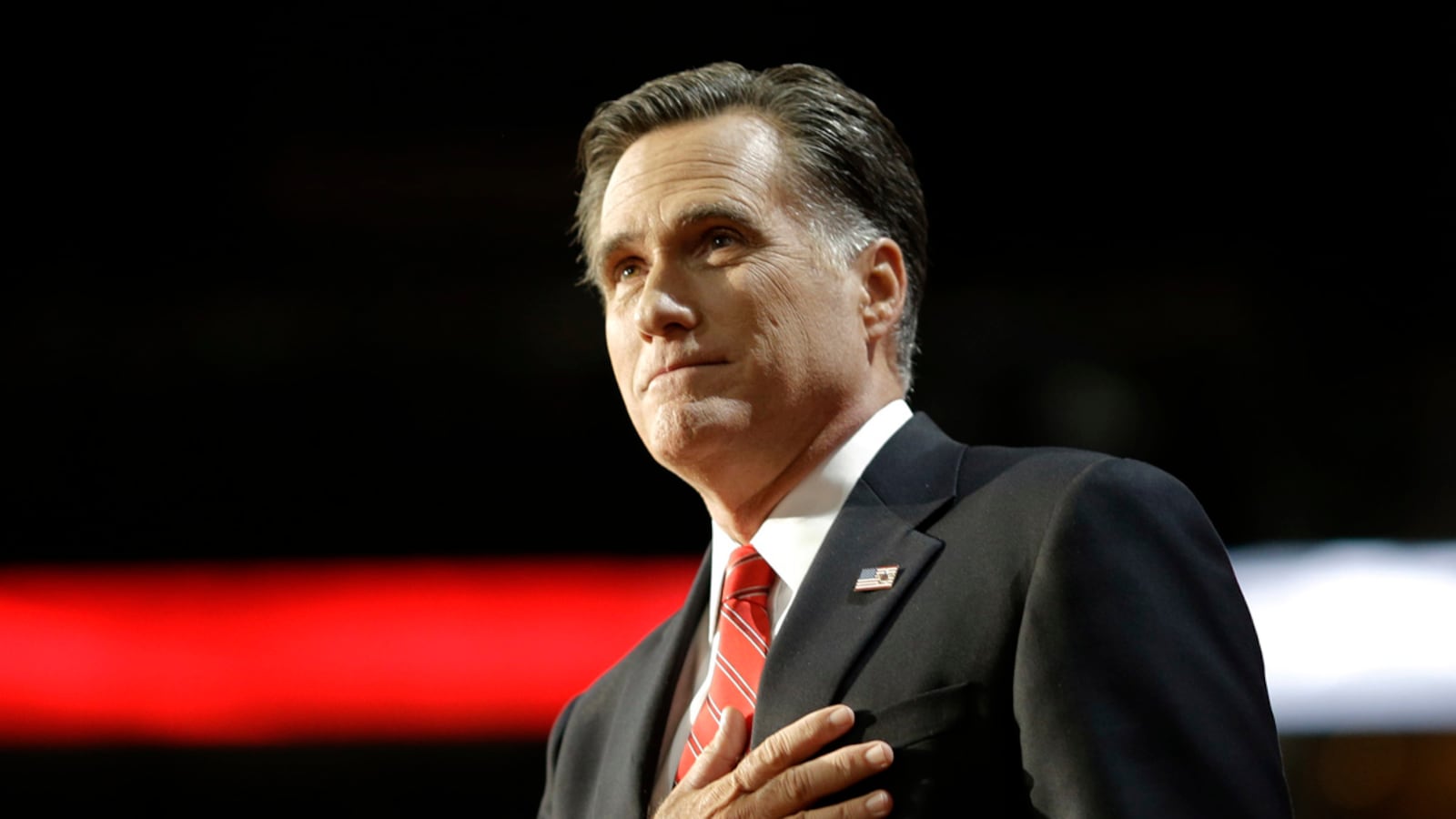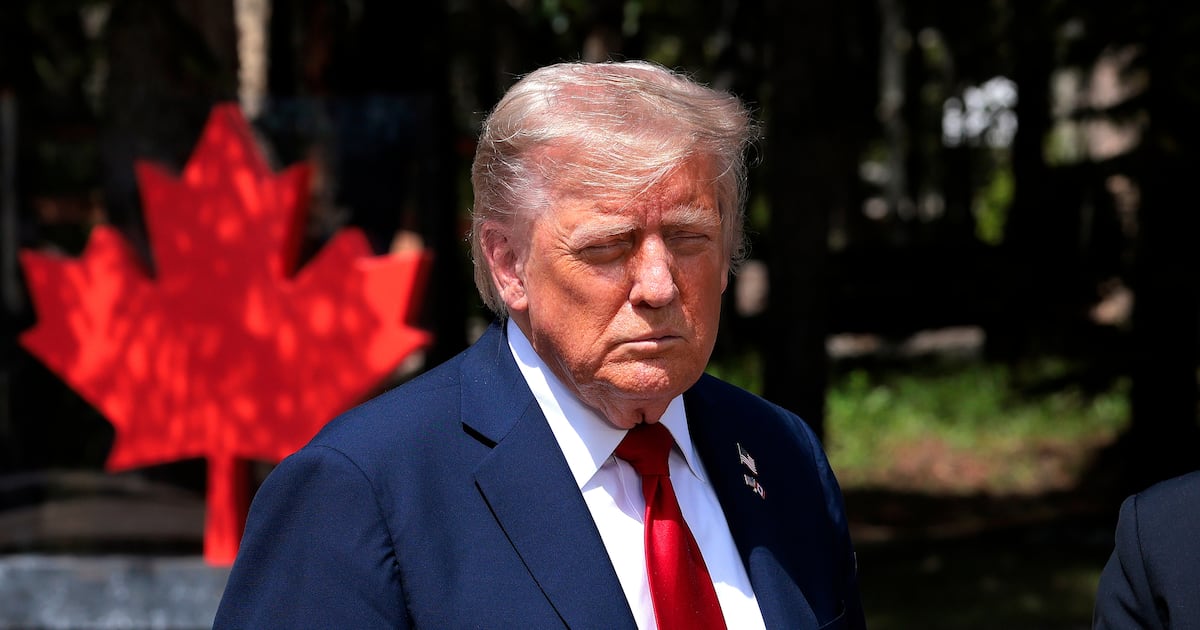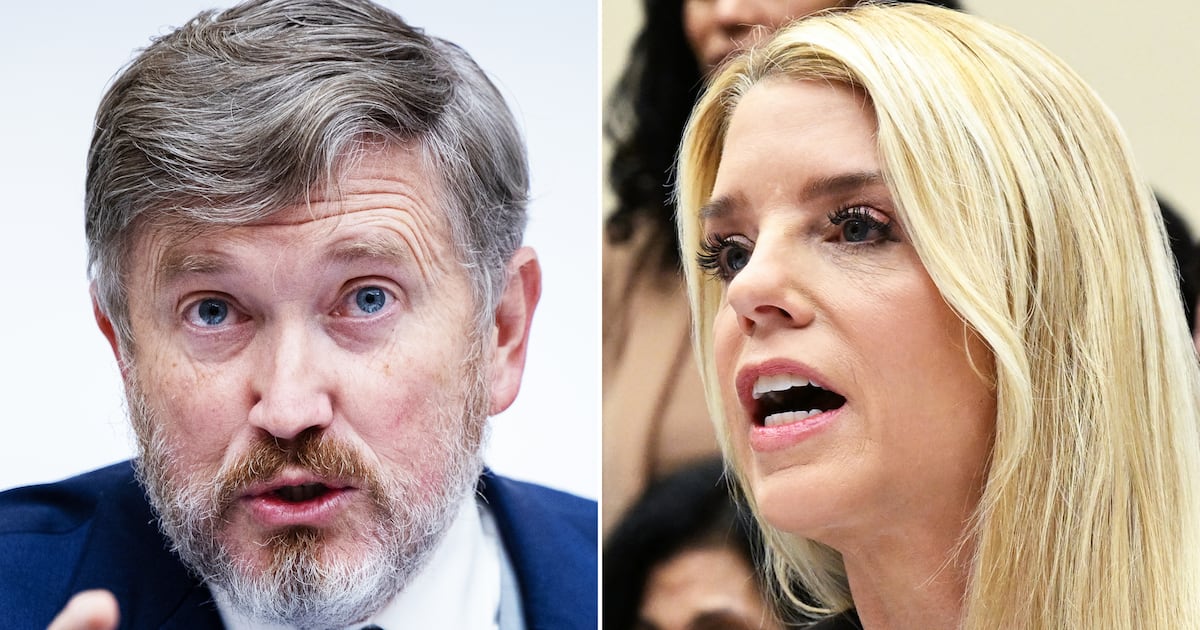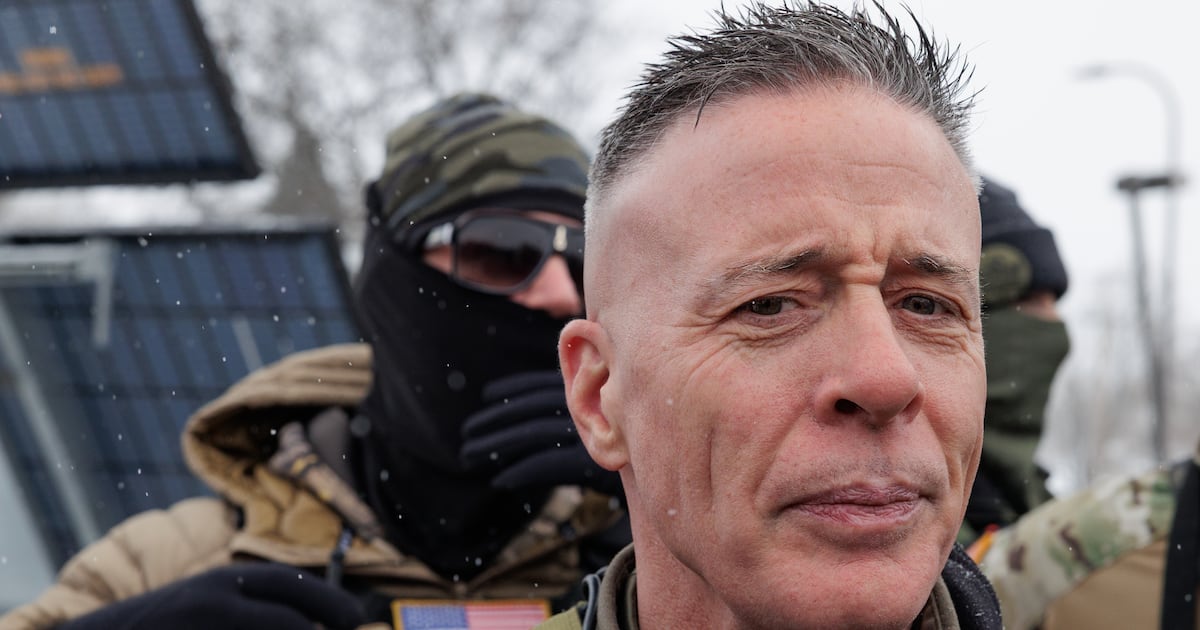Mitt Romney told a cheering crowd that they deserved the "hope and change" Barack Obama failed to deliver, wading into a policy assault before describing himself as a churchgoing father and businessman whose faith reflects the values of America. In fact, he repeated the word "America" so many times it seemed part of his strategy.

But he spoke in generalities as he offered a standard biographical sketch, rather than offer the kind of colorful anecdotes that might have fleshed out the contours of his life.
It was a strong speech, a solid speech, a well-delivered and well-received speech—but also a safe and unadventurous speech.
He took the Tampa stage on Thursday night perhaps the least well known nominee, in purely personal terms, of modern times, preceded by speakers who barely mentioned him—including a bizarre episode in which Clint Eastwood pretended an empty chair was Obama.
Romney accused Obama of "attacking success"—taking rhetorical license, to be sure—as he listed a handful of success stories at Bain Capital while acknowledging that not every investment was a winner.
“I wish President Obama had succeeded because I want America to succeed. But his promises gave way to disappointment and division," Romney said. He framed what he called a “simple question: If you felt that excitement when you voted for Barack Obama, shouldn’t you feel that way now that he’s President Obama?” Something was wrong with Obama’s performance, he said, “when the best feeling you had was the day you voted for him.”
The not-so-subliminal message was that it was OK to feel proud of having elected the first African-American president, and that it was equally OK to send him packing for failing to deliver—a recognition that many Americans, whatever their view of the administration, still like Obama.
The pro-business lines, while breaking no new ground, drew lusty cheers from the packed arena as he vowed to restore "the promise of America."
Every presidential nominee faces pressure to knock it out of the park, to use the standard baseball cliché. But for Romney the task seemed exponentially larger: a reserved, sometimes awkward businessman trying to close a likability gap with a charismatic president. When even his wife tells the convention that Romney doesn’t feel comfortable talking about himself, that was a signal not to expect any Oprah-esque moments.
Romney took the stage having spent two years delivering his indictment of the Obama administration and selling himself as a financial Mr. Fixit. The challenge was to connect with ordinary voters and make them feel comfortable with him as an occupant of the Oval Office.
On that score, he largely punted, wrapping the speech around criticisms of Obama's policies on health care, energy, taxes and foreign affairs. He pledged, with little detail, to create 12 million new jobs. The speech flagged during those long minutes.
He repeated the charge by running mate Paul Ryan that Obama had cut $716 billion from Medicare, without mentioning that he had endorsed the House-passed Ryan budget that assumes the same reductions, and would turn Medicare into a voucher program.
Romney closed with a message that seemed at odds with his drive to shrink government, calling for a "united America" that "will care for the poor and the sick, will honor and respect the elderly, and will give a helping hand to those in need."
A rousing finish briefly electrified the hall as Ryan and Ann Romney bounded onto the stage and the balloons dropped on cue. Whether it changed the country's view of Mitt Romney is another matter entirely.






